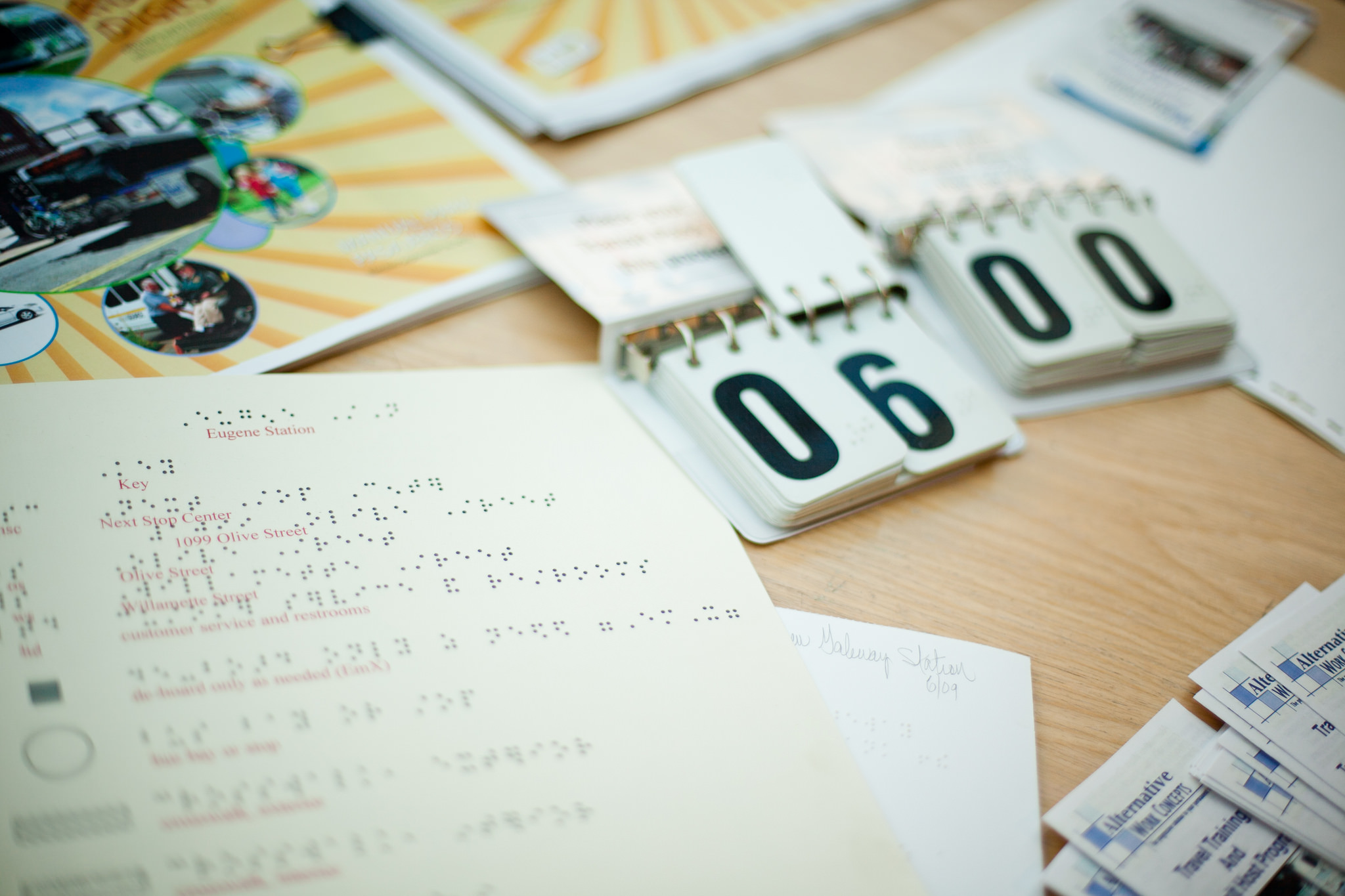What is the Marrakesh Treaty?
People who are blind or have low vision have ready and equal access to less than 10 percent of all published books. The Marrakesh Treaty, an international copyright treaty that is administered by the World Intellectual Property Organization (WIPO) is meant to change this status quo.
The Marrakesh Treaty is an agreement among countries to adapt their domestic copyright laws as needed to enable wider dissemination nationally and internationally of published materials in formats that are accessible for people with disabilities. It is meant to benefit people who are blind, have low vision, have other print disabilities (such as dyslexia), or who have disabilities that make it difficult to hold or manipulate a physical print book. Countries that ratify the Marrakesh Treaty are required to introduce exceptions to copyright rules that will allow publishers to reproduce, distribute, or otherwise make available published works designed to be accessible to people with various print disabilities. Ratifying countries also need to permit these accessible format publications to be exchanged across national borders by authorized organizations that serve people with print disabilities.
The treaty covers “literary and artistic works in the form of text, notation and/or related illustrations, whether published or otherwise made publicly available in any media”, including audio books. Note, however, that this definition is much broader than it may initially seem since the expression “literary and artistic works” incorporates by reference the definition first developed in the 1886 Berne Convention for the Protection of Literary and Artistic Works. In the Berne Convention, literary and artistic works encompass musical scores, choreographic works, dramatic and cinematographic works, photography, architecture, topography, illustrations and sculpture, and “every production in the literary, scientific and artistic domain”. Entities authorized by the government to exchange accessible formats across borders have a duty to establish that the people they serve have print disabilities and to serve only those people, while discouraging unauthorized uses of copies.
Ratification
As of May 2016, the treaty had not yet entered into force. It will not enter into enter into force or be binding upon its signatories until at least 20 countries have ratified it. That is, 20 countries must domestically approve and implement the treaty through national legislation. While over 50 countries signed the treaty in June 2013, at the end of the conference where it was introduced, and additional countries have signed since 2013, as of May 2016, only 17 countries had ratified it.
One additional important point to note about the treaty is that it explicitly states, throughout the treaty, that it does not lessen any preexisting obligations or rights that contracting parties to the Marrakesh Treaty may have under other treaties. In other words, the Marrakesh Treaty is quite clear that even though it is a tool that will enable signing countries to move forward with tailored exceptions to copyright laws to increase accessibility for specified beneficiaries, it is not systemically altering in any way the underlying system of copyright protection that is enshrined in the Berne Convention and the WIPO Copyright Treaty.
Consult a list of countries that have signed or ratified the Marrakesh Treaty here. Signing a treaty does not commit the country to implementing the treaty, but is a way to signal that the country upholds the spirit of the treaty and that the country may consider ratifying it in the future.
- Mexico ratified the Marrakesh Treaty on July 29, 2015.
- Guatemala ratified the Marrakesh Treaty on June 29, 2016.
- Peru ratified the Marrakesh Treaty on February 2, 2016.
- Kenya signed the treaty on June 28, 2013, but as of May 2016 had not yet ratified it.
- As of May 2016, neither Armenia nor Vietnam had signed the treaty.
- The U.S. signed the treaty in October 2, 2013 and President Obama recommended the Marrakesh Treaty for ratification in February 2016 but that has not yet occurred.
Find the full Marrakesh Treaty text in all six major United Nations languages including English, Spanish, French, Arabic, Russian, and Chinese.


